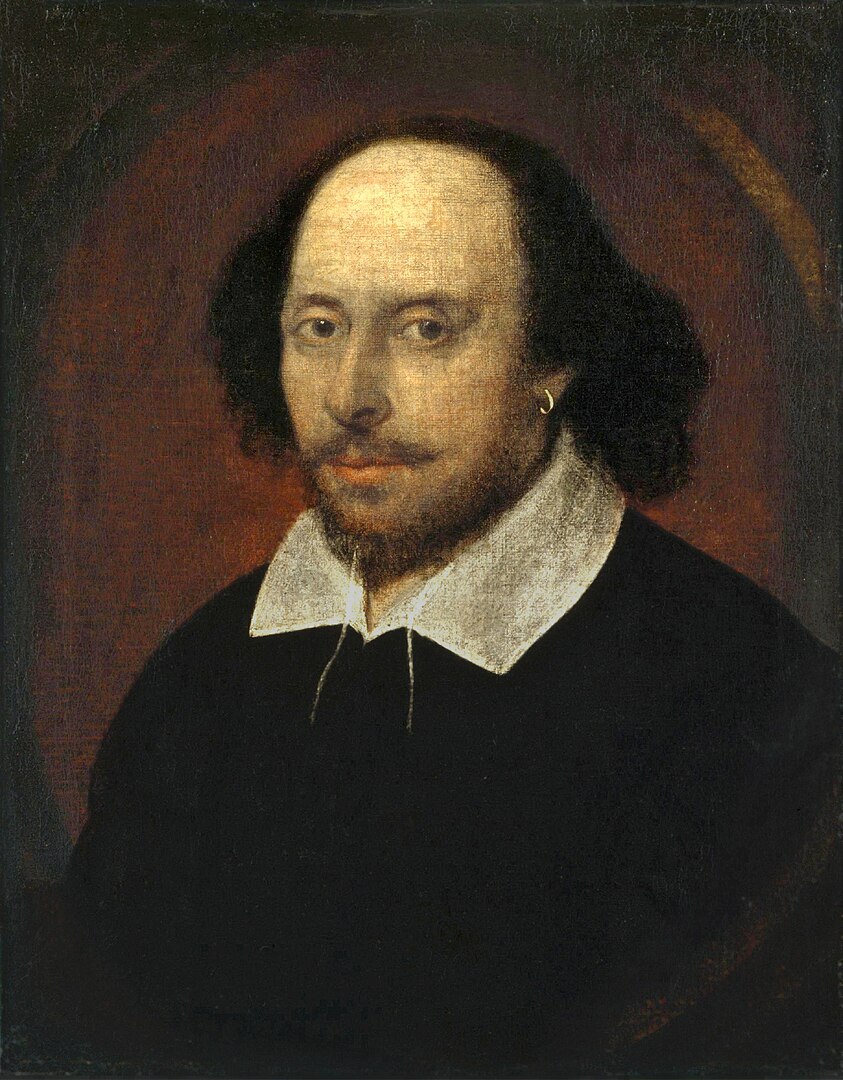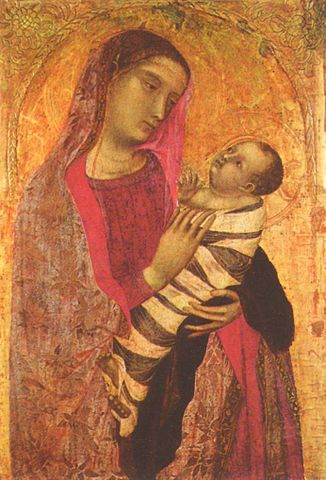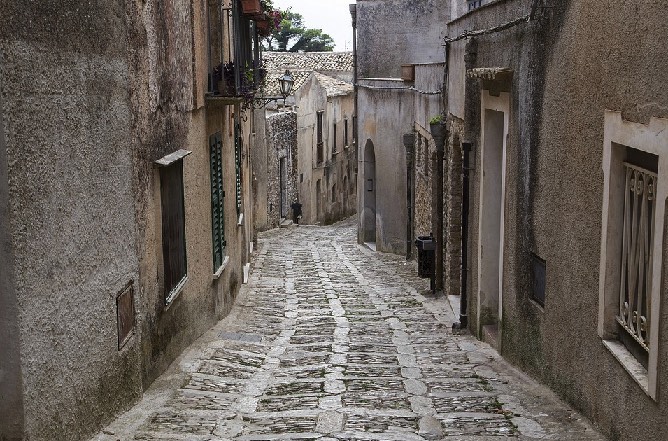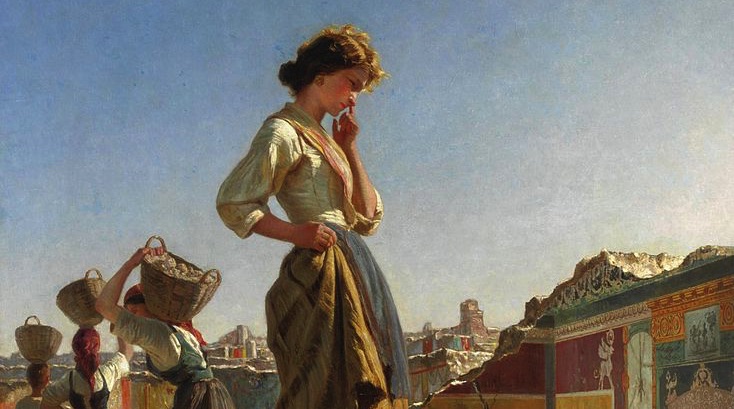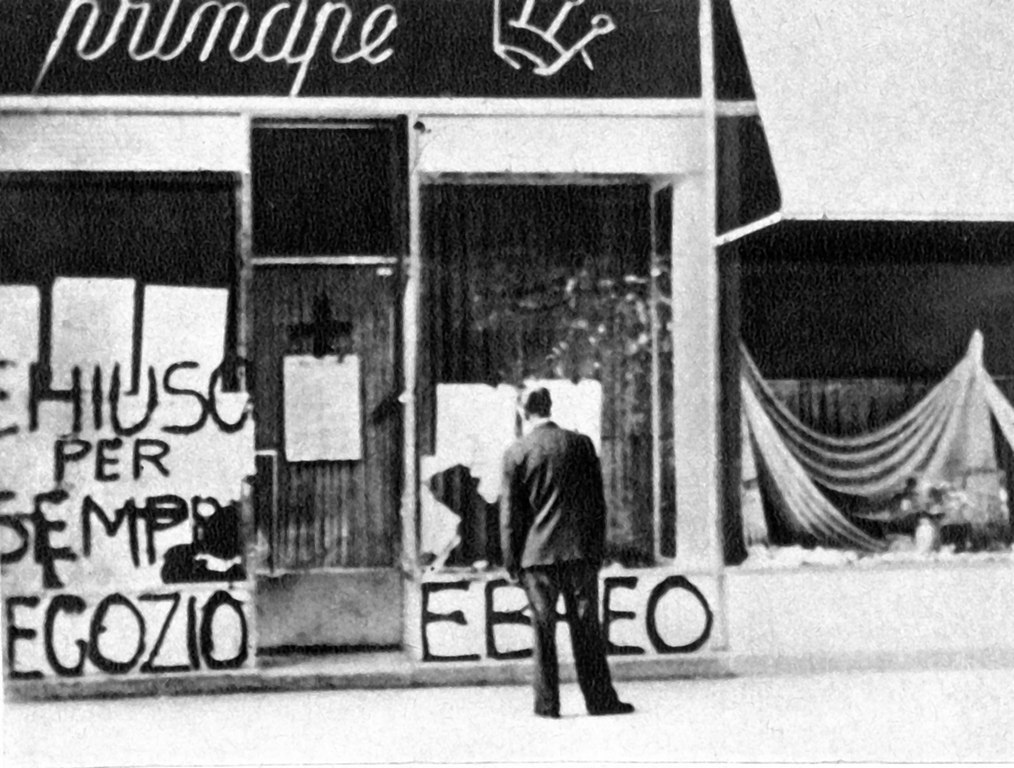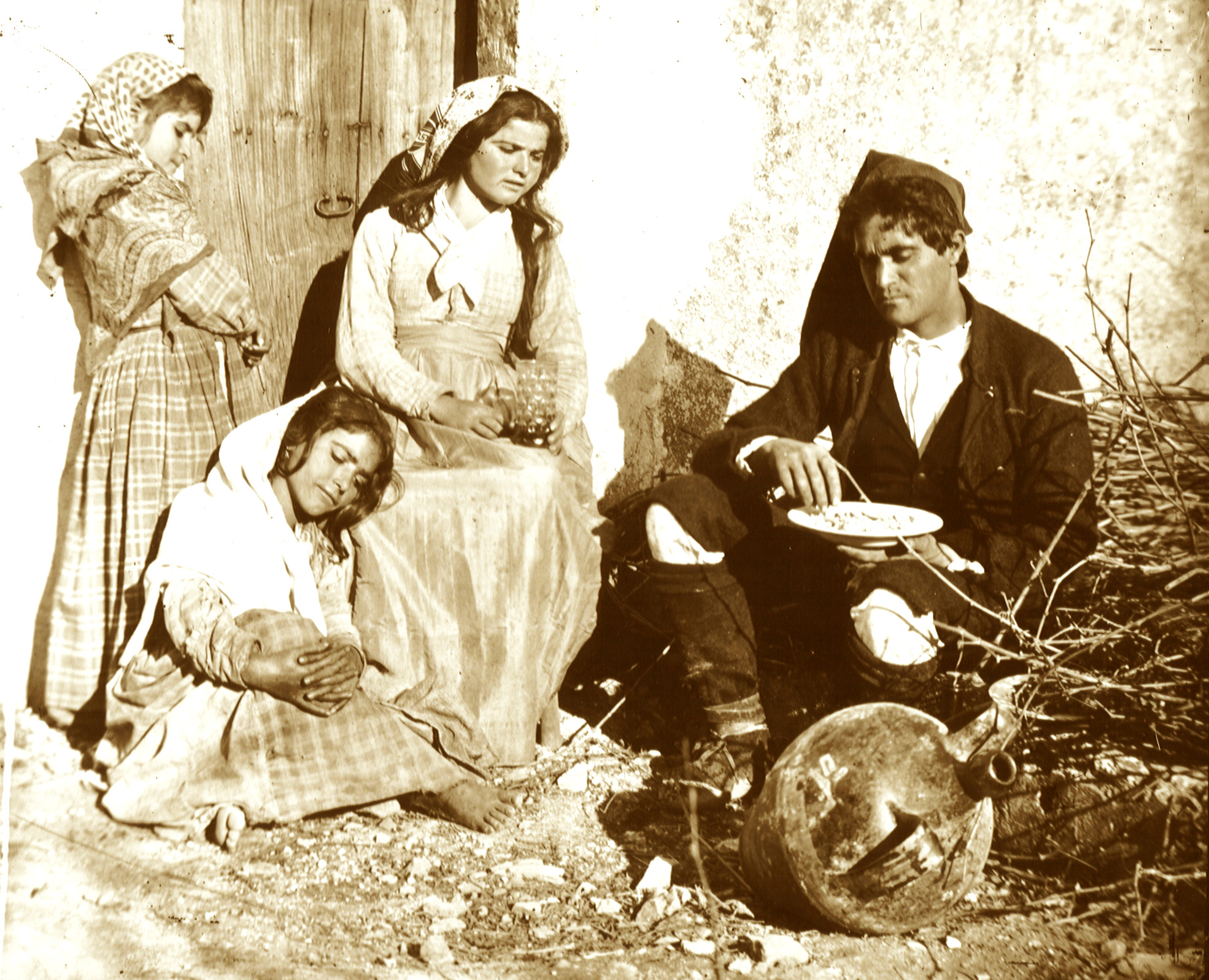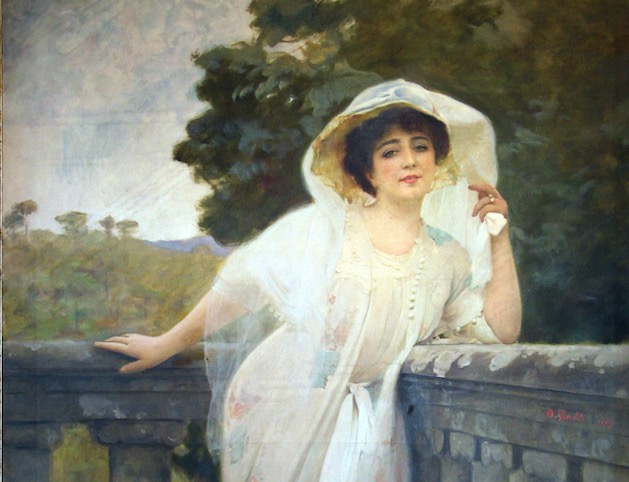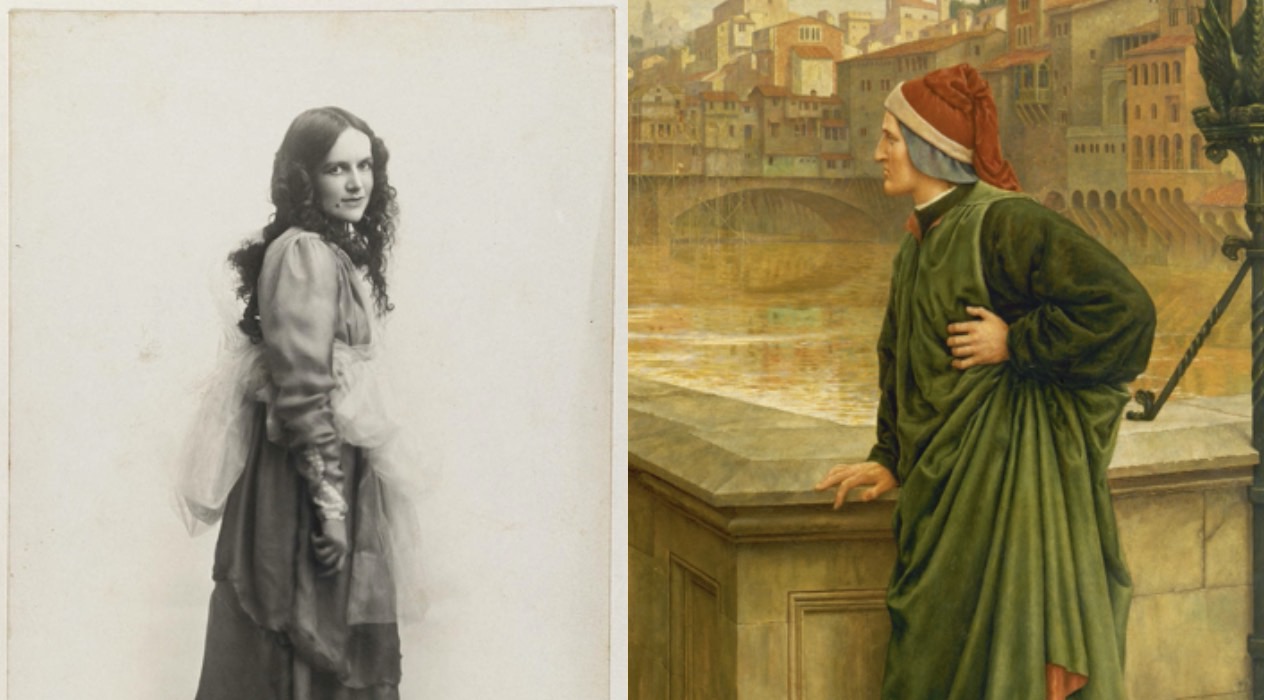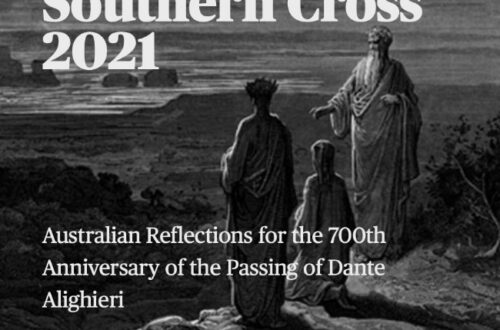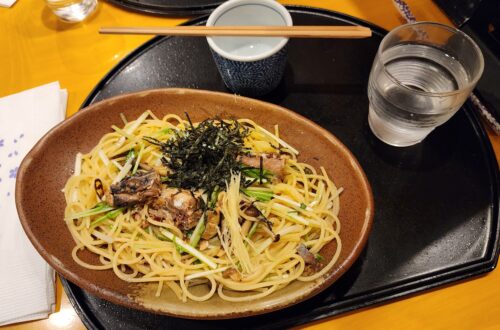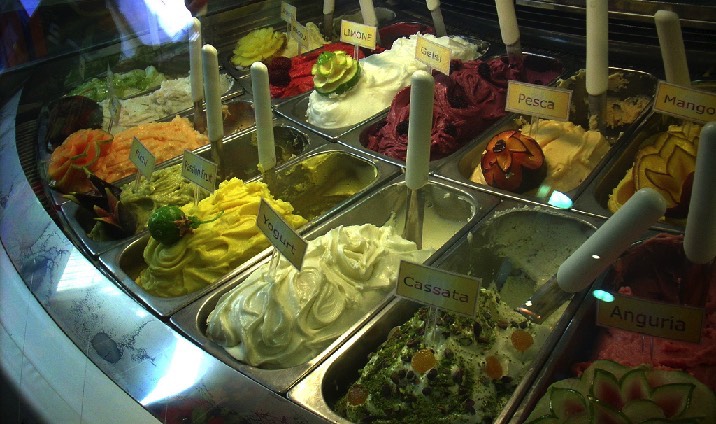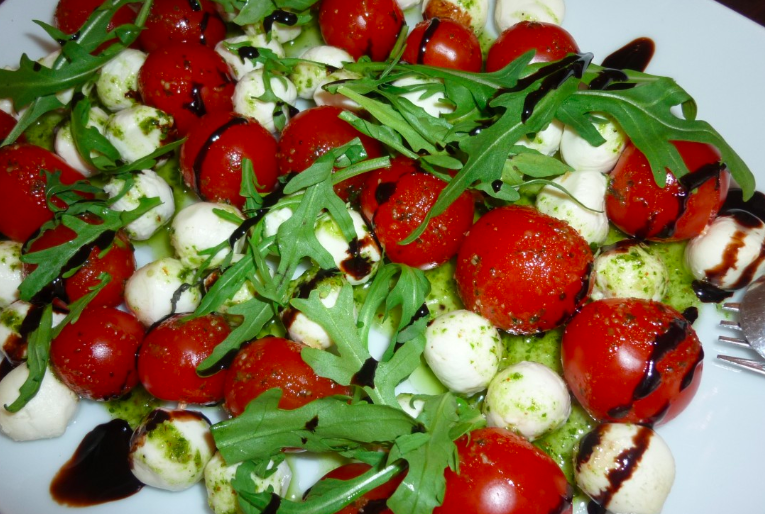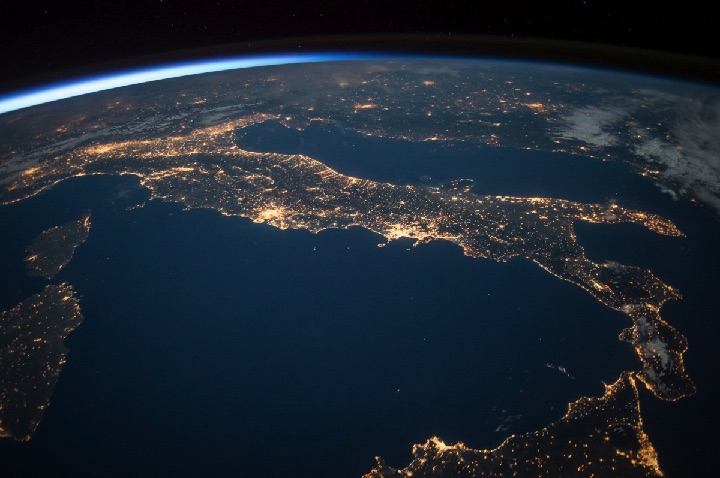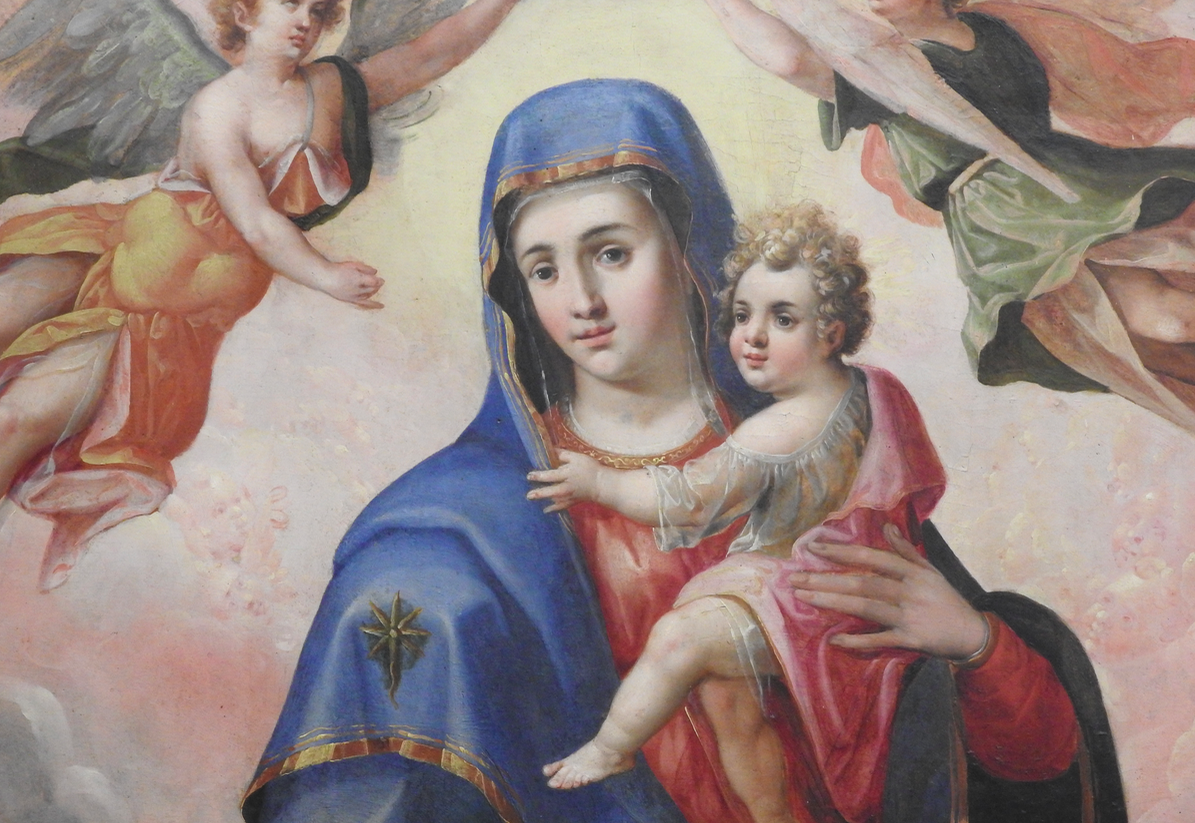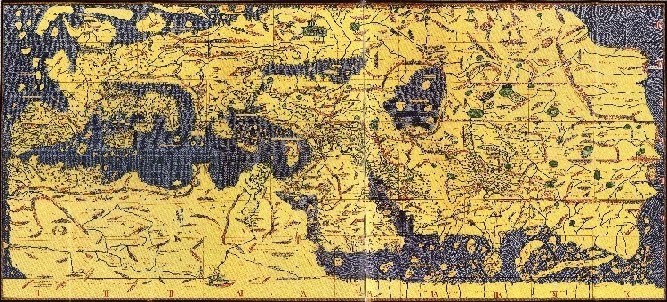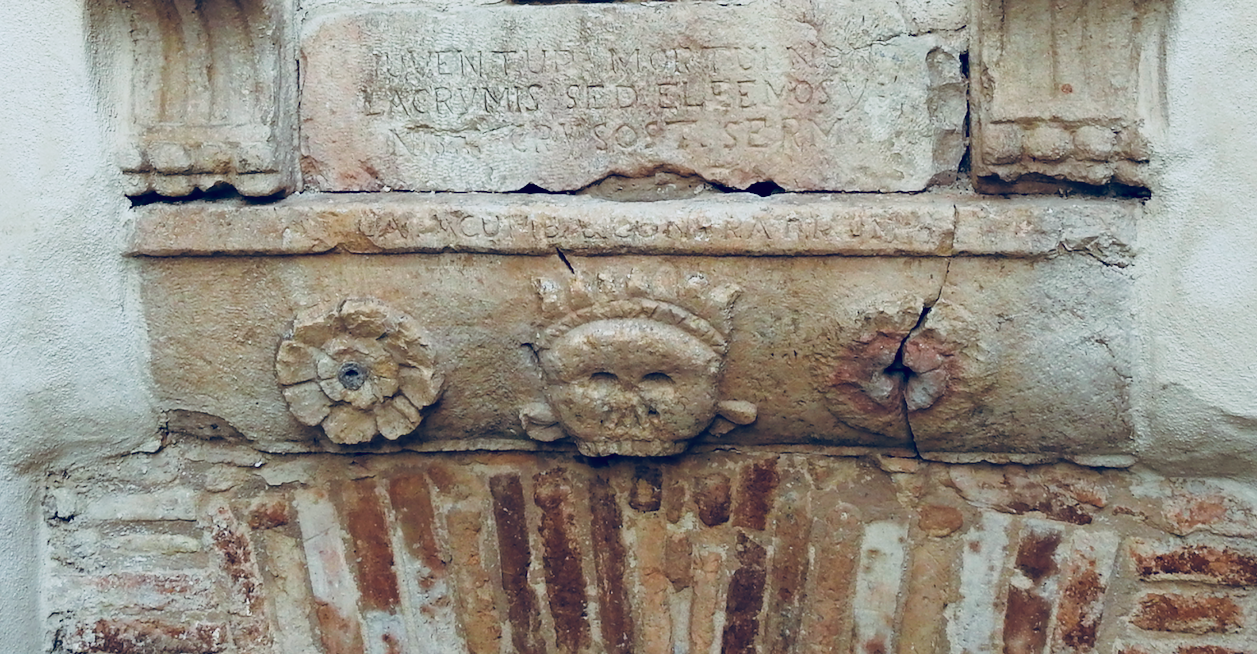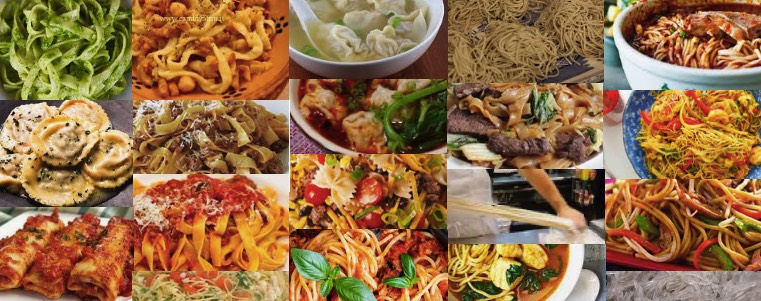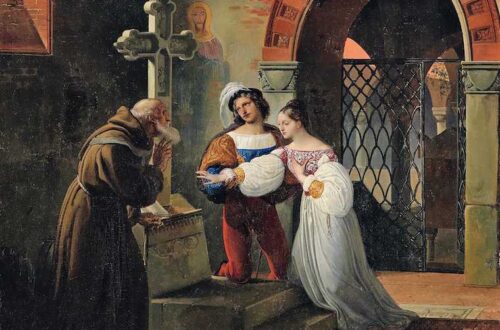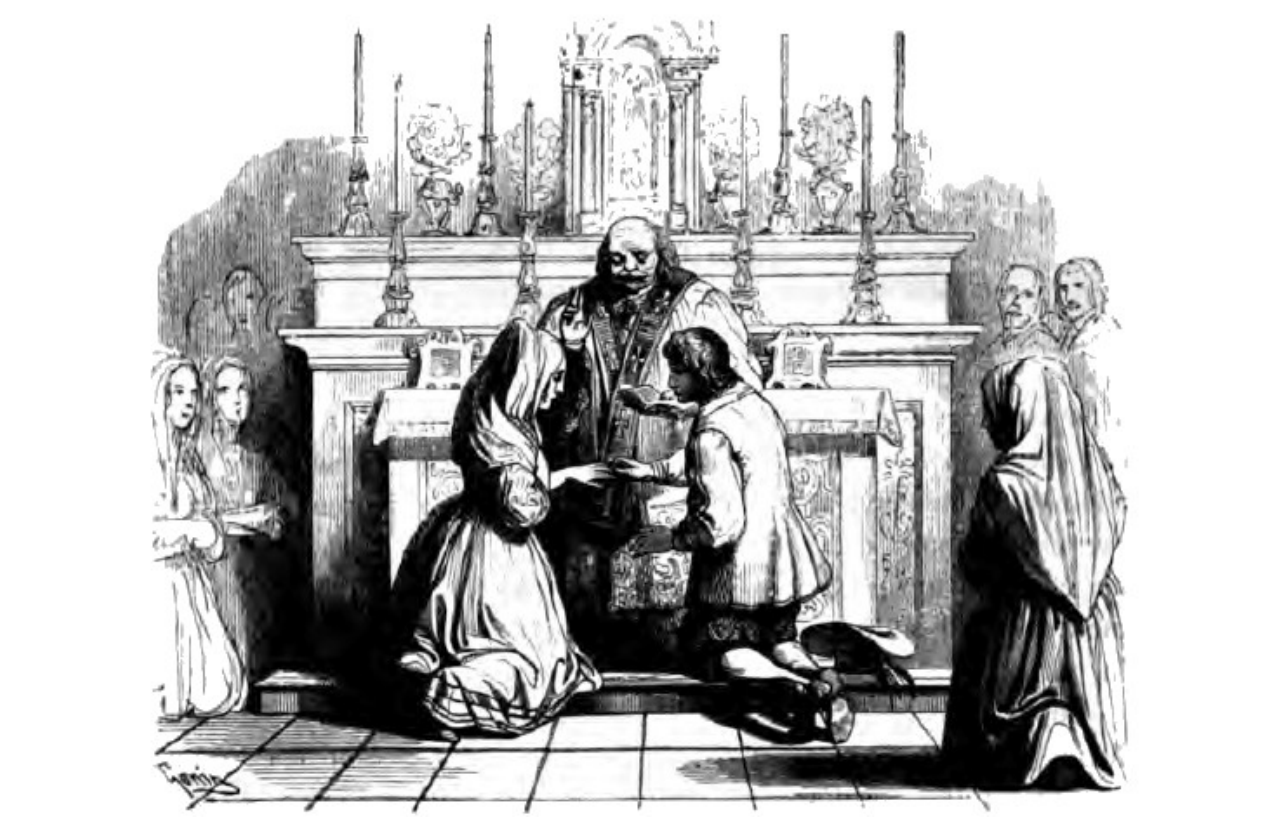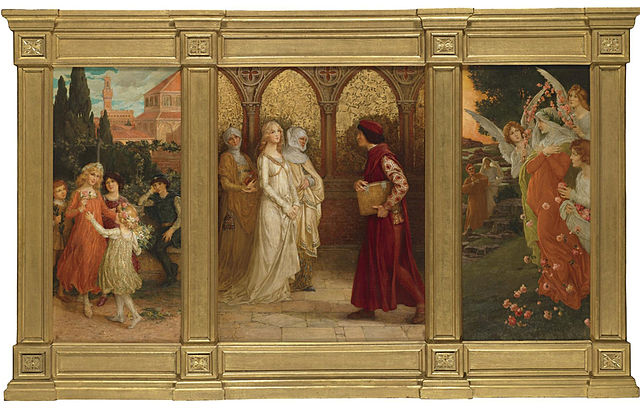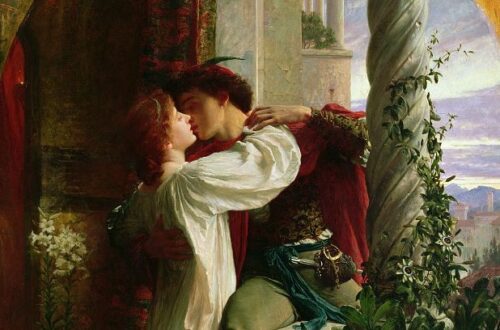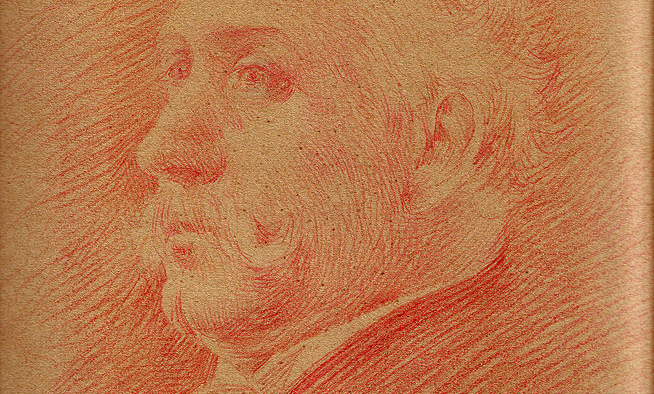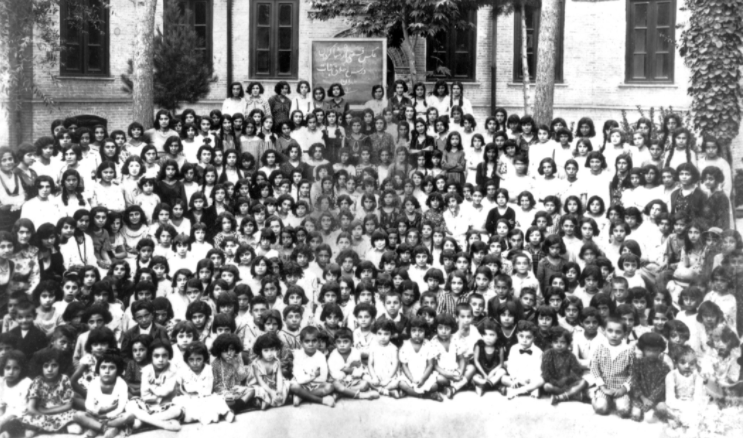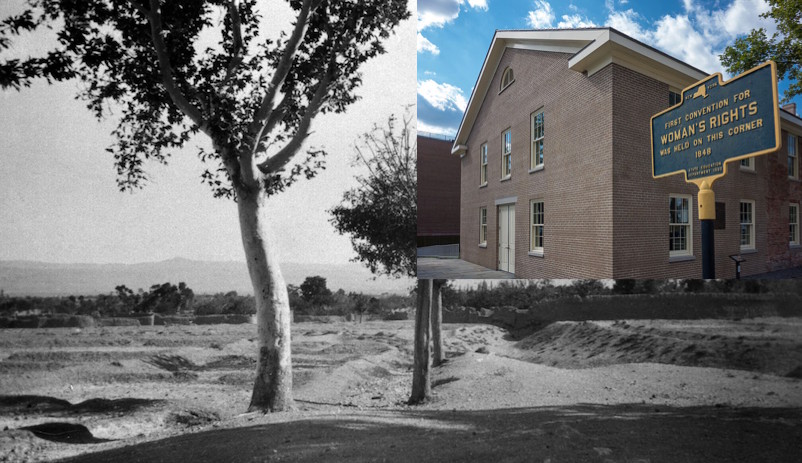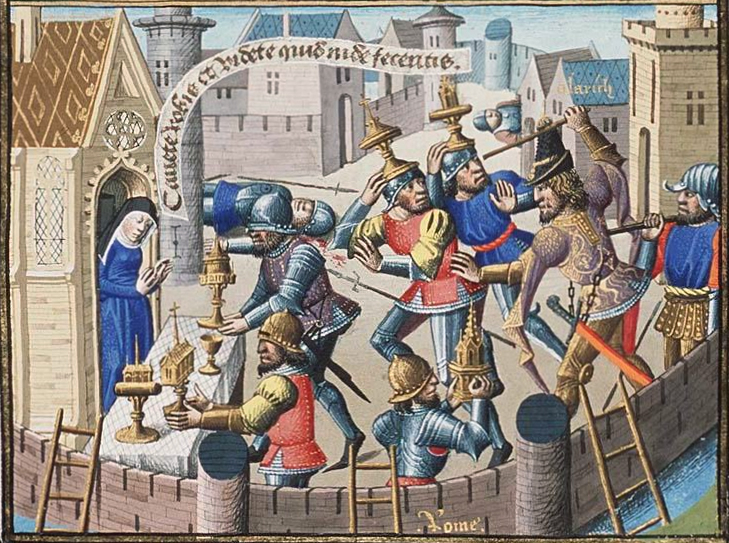-
What an Italian novella really taught me about Shakespeare …
It’s a strange place to look, you’d think. Shakespeare is an English poet. No … He is the English poet. So surely there would be little to learn about him in an Italian story, particularly one written before he was even born. But that’s the great thing about taking a turn down the side roads of history. You never know what you’ll discover. Earlier I wrote an article titled: It’s Funny, but Shakespeare is Teaching me Italian Stories. This is a complement and looks at the relationship between Italy and Shakespeare from the opposite direction. But where to begin? That maybe there was a grain of truth in a Groats-worth…
-
When Malaria in Italy was a National Disease
At the end of the 19th century, up to 20,000 Italians died every year from malaria and millions were infected. Even the word is Italian: “la mal’aria” – the bad air – a phrase to describe the mysterious and then unknown causes of the disease, which was attributed to the “bad air” of swampy ground. Malaria arrived in Italy in ages past, and was there when the ancient Greeks began to build their cities on Italy’s shores. The story of the effects of malaria is recorded in the collapse of the once flourishing city of Posaedonia (today Paestum). Founded about 600BC, its ancient Greek temples still draw tourists from around…
-
Dante Alighieri in a Wide Brown Land*
On the hill beyond Canberra’s lake we do not find ourselves in Dante’s dark wood. Instead, the hundred carefully nurtured forests of the National Arboretum surround us. Some of its trees are from Australia, but many are from far beyond. As we appreciate their beauty, we see that these forests can symbolise Italians in Australia,[1] for we are part of the diverse heritage of this continent. Yet as our eyes turn to the ridge near the Himalayan Pines, we see a rusted monument rise from the land before us.[2] It is timeless, as it proclaims Dorothea Mackellar’s words “Wide Brown Land”. She wrote them about Australia in 1907; a young…
-
Prendiamo un caffè? Italian Coffee Culture
Let’s face it without the caffè this morning (yes, made with a traditional Italian caffettiera), I wouldn’t be writing this. Names like espresso, cappuccino, latte, and the now ubiquitous Italian espresso machines are a standard part of Australian cafe culture. So it’s natural to assume there is something quintessentially Italian about coffee. As Simona Lidia, a blogger on Italian culture jokes “an Italian will always believe deep inside that coffee grows spontaneously in Italy, and only in Italy, since the Lower Paleolithic.” Living Italian Coffee If my experience is anything to go by Italians, even in diaspora, can’t escape Italian coffee culture. Growing up, the tiny white cups were there…
-
Commentary – Who am I to Speak to You of Italy
This article is the promised commentary on: “Who am I to Speak to You of Italy“, which I wrote in April. In part a commentary recognises that our words never really leave us. They travel along with us and reveal new unimagined meanings and inspire new departures as they speak to us from memory. Much is communicated in Who am I to Speak … by allusion; and many unwritten and written words lie under those that were set down, and a commentary may enrich communication. However, it is not necessary to read the commentary and you may choose not to do so, as commentary (even by writer) may also confine…
-
Which came first: pasta or noodles?
Plot spoiler. Its noodles. Lovers of Italy, doff your cap to China! … Well, at least that’s how I was going to start this article. That was before I started reading Jen Lin-Liu’s delightful book: On the Noodle Road. She’s not so sure the story is that simple. Like Marco Polo, she travels the Silk Road, but in reverse. She is on a 21st century quest to trace the journey of noodle from East to West. No one more determined could be imagined. And, her quest is personal. Travelling through cultures that straddled East and West, I figured, might reconcile what I’d felt were opposing forces in my life; maybe I’d find others…
-
Our Lady and the Faith of our Mothers
No visit to Italy is complete without endless opportunities to enter and be awestruck in Italy’s innumerable churches and shrines. And any visitor from an English speaking country (where less embellished models predominate) is likely to be struck by the prominent presence of the Virgin Mary in these places of worship. Not only is she present; she appears as a representation of the spiritual world in many different guises and roles. Many places of worship are specifically dedicated to her in these different manifestations. The names these places bear give a sense of the diverse roles she plays. She presides over the local “Chiesa Madra” (the Mother Cathedral) of many…
-
Il Drago and Luigi Capuana’s search for redemption
Luigi Capuana was a nineteenth century writer. His work, The Old Dragon (Il Drago), although an apparently light children’s story, carries a poignant loss and search for redemption. In a strange way the story is a “might have been” of Luigi Capuana’s life and of the children he never admitted as his own. Luigi Capuana, Giuseppina Sansone and their children Giuseppina Sansone is central, although whether she is portrayed in the story is debatable. She is a love of much Luigi Capuana’s life. He met her at age 37 and she was an unmarried partner for the next twenty years. She is almost entirely invisible, while he is a noted Italian…
-
Forgotten crimes and the sack of Rome
The sack of Rome in 410 AD hastened the emergence of a new post-Roman world and eventually, over the course of fifteen centuries, the birth of the country we now call Italy. The tale that has come through to our time of that sacking is one of uncivilised pagan German tribes – outsiders – tragically tearing down the centre of western civilization. This caricature is inaccurate in many ways. As is often the case, the real story is more complicated. In echoes of our own time, it is a tale of political intrigues and racial divisions. The Roman world at the end of the fourth century was a different place…
